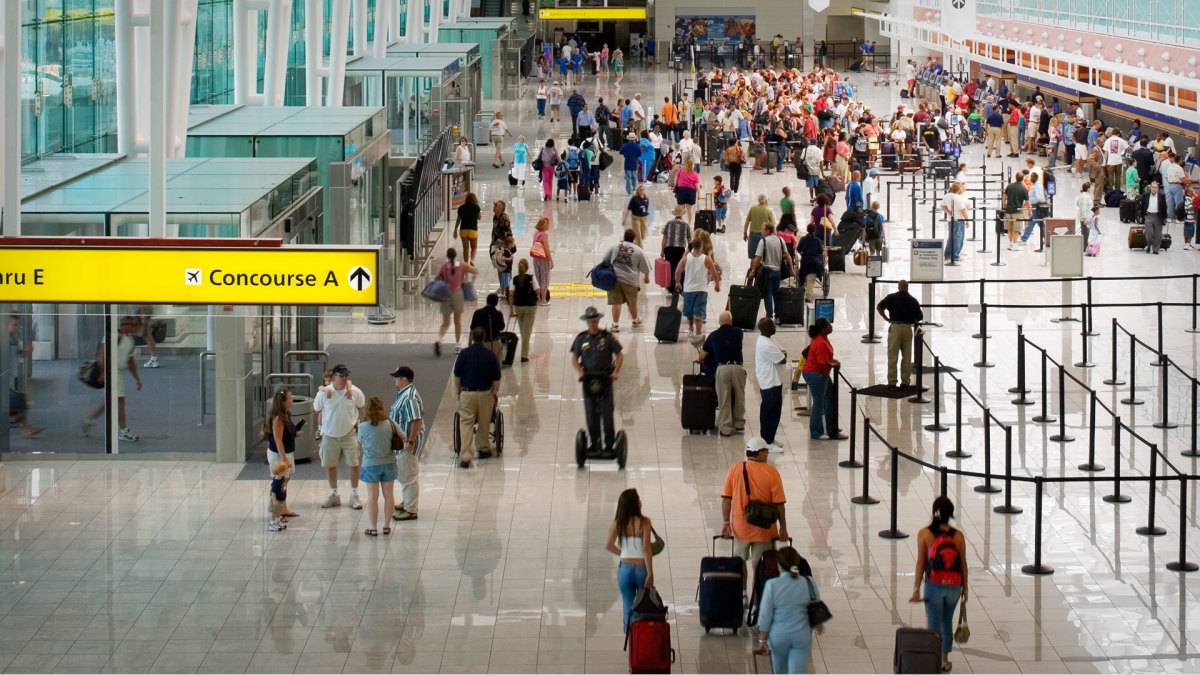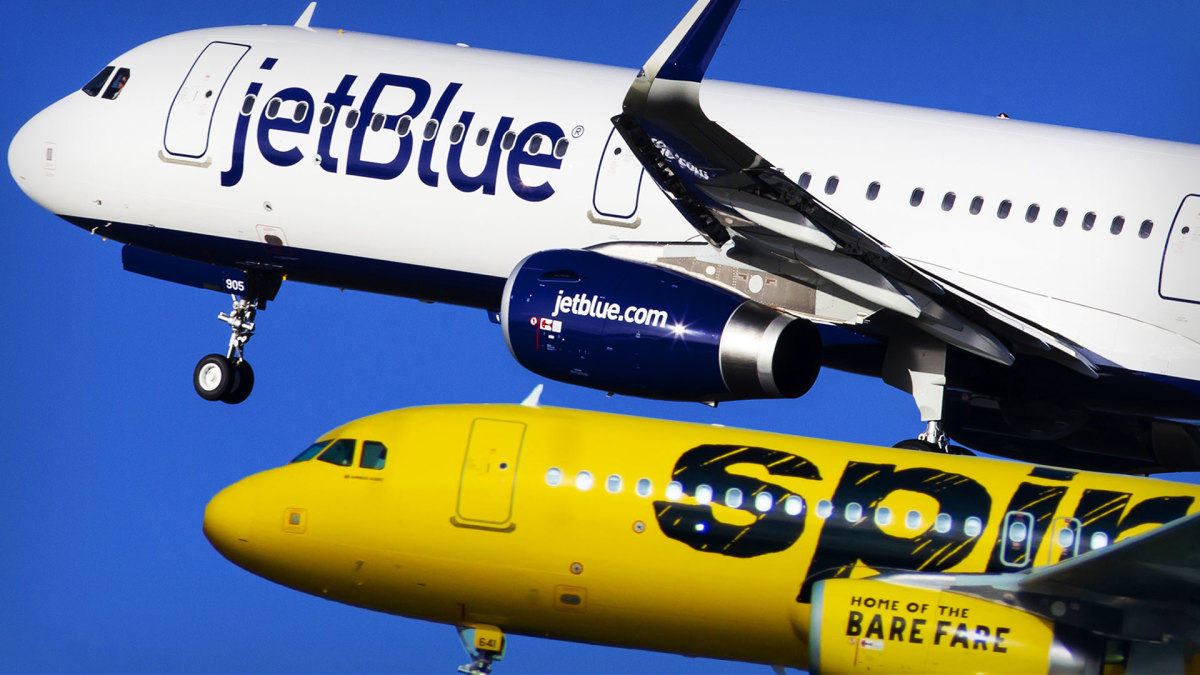
The business model for airlines has always been tricky and multiple major airlines around the world have needed government bailouts in order to survive. Traditionally, because airlines are essential services, that money has been there both in the United States and around the world.
In the U.S., about $54 billion was given to airlines to help them survive the covid pandemic. Had that not happened, it's very possible a major carrier would have gone bankrupt. More importantly, every carrier would have had to go into survival mode.
Related: Bad meat forces popular grocery brand into Chapter 11 bankruptcy
That would have mean laying off pilots, and other key personnel that could not be replaced quickly. Had the U.S. not ponied up and rescued its airline industry, it's likely that prices for airfare would be highly elevated and overall capacity would be greatly decreased.
It's a situation that was not unique to the U.S. The former Air Italia actually closed in 2021 but later began flying again as ITA Airways after a government bailout. In addition, Germany's Lufthansa and Sweden's SAS have received bailout packages (although those are being challenged in court).
Now, with Spirit Airlines (SAVE) facing an uncertain future and bankruptcy rumors in the U.S., another big airline has seen a major deal collapse, which puts its future in doubt.

Image source: Shutterstock/TheStreet
South African Airways faces survival risk
While many Americans may not be overly familiar with South African Airlines (SAA). it's part of the global "Star Alliance," which means it's connected to many of the world's biggest airlines.
"The Star Alliance network was formed in 1997 by Air Canada, Lufthansa, Scandinavian Airlines, Thai, and United Airlines. For the first time, these carriers began working together to offer our customers a worldwide reach and an improved travel experience," SAA shared on its website.
The Alliance has gotten much bigger since its early days.
"Since then, the Alliance has grown to 26 member airlines, including South African Airways which joined the Alliance in 2006. The Star Alliance carriers are among the most respected in the world. To become a member, an airline must offer and comply with the highest industry standards of customer service, security and technical infrastructure. The 26 member airlines operate together more than 18,500 flights a day, reaching 1,330 airports in 192 countries," SAA added.
Now, after a failed deal to sell a majority interest in SAA, the airline faces a threat to its survival.
SAA has 12-18 months left
For three years, the government of South Africa has been negotiating to sell a majority interest in SAA to Takatso Consortium. That's a controversial decision that the South African government intends to investigate.
"The Portfolio Committee on Public Enterprises has reached a decision to refer the matter of the Takatso Consortium’s purchase of a 51% stake in South African Airways (SAA) to the Special Investigating Unit (SIU) for further investigation," according to a media statement from the South African Parliament.
The failed sale puts the future of SAA in a very precarious place.
"The government estimates SAA can sustain itself financially for the next 12 to 18 months. The government has also come to the conclusion that the flag carrier will no longer receive any bailout money. SAA will have to survive on its own or find a new merger partner," World Airline News reported.
SAA's problems actually predate the covid pandemic as it was close to being liquidated in 2019 before filing for bankruptcy which allowed it to keep operating.
The pandemic, however, did hasten its breakdown and greatly contributed to its current dire situation.
Takatso Consortium pulled out because it did not believe the price being asked was a good value.
"At the end of the day it wasn't about the political pressure, the noise that you are hearing. It came down to, businesswise, as an investor, does this make sense for your stakeholders? Can you continue to drag this process along?" consortium spokesperson Thulasizwe Simelane told DW.com.
.







